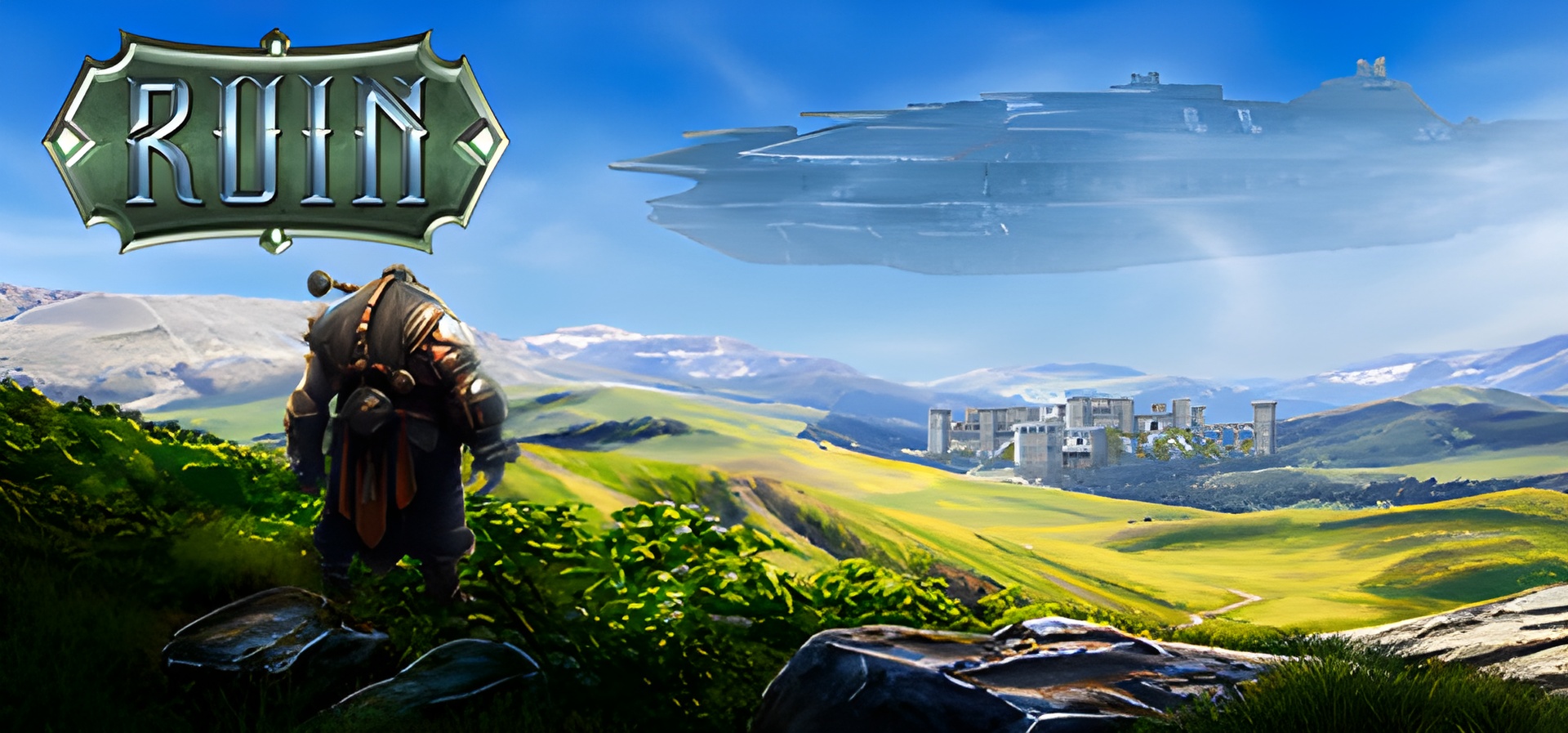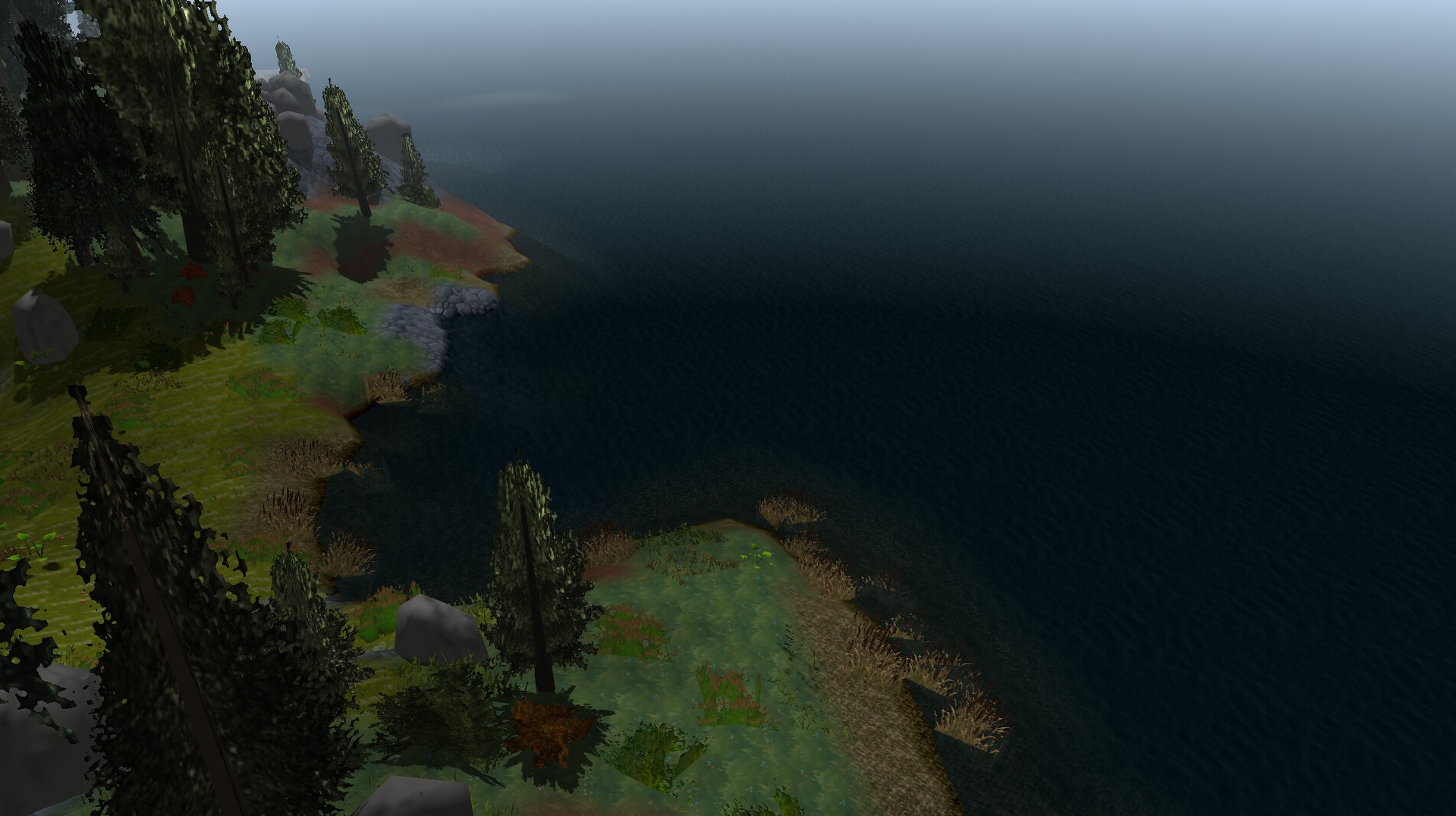The upcoming free-to-play MMORPG Ruin promises a unique blend of survival, sci-fi, and sandbox gameplay. Set on a distant, ruined planet, players must brave the elements, forge alliances, and carve out their destiny. With its intriguing features and free-to-play model, could Ruin be the next big hit in the MMORPG genre? Let's dive into what makes this game stand out and why you should keep an eye on its development, especially with the release date set for July 12, 2025.

Explore a Ruined World: Gameplay and Features
Ruin distinguishes itself with a classless combat system, allowing players to customize their combat style without traditional class restrictions. The game also features dynamic environments with a weather system that directly impacts the terrain, influencing resource availability and even undoing player progress. Guilds play a crucial role, enabling players to collaborate in terraforming territories and building defenses. Dungeons and raids offer challenging PvE content, while world PvP allows guilds to compete for dominance. The combination of these features aims to create a dynamic and engaging MMORPG experience. With exploration being a core part of the game, players will venture out into the ruined world to discover its secrets.
Performance Expectations and Free-to-Play Value
As a free-to-play title, Ruin offers an accessible entry point for players interested in the MMORPG genre. The game's minimum and recommended PC requirements suggest it will be playable on a wide range of hardware. The developers, Echo, have emphasized optimization, but performance remains a key consideration, especially during large-scale PvP battles and raids. Ultimately, the value proposition of Ruin hinges on its ability to provide a compelling gameplay experience without pay-to-win mechanics, ensuring a fair and enjoyable environment for all players. Given the focus on guilds and community, a thriving player base will be essential for the game's long-term success. This will allow players to properly rebuild this ruinby.

Community and Long-Term Potential for Ruin
Ruin's success relies on its ability to foster a strong and active community. The game's emphasis on guild-based activities and world PvP encourages player interaction and collaboration. The developers have indicated plans for ongoing updates and content additions, including new dungeons, raids, and features. The absence of a traditional class system means the developers will need to create alternative progression systems and customization options to maintain player engagement. A well-managed in-game economy and balanced PvP mechanics are also crucial for preventing the game from becoming dominated by a small group of players. Overall, the long-term potential of Ruin depends on its ability to deliver a constantly evolving and engaging experience for its player base. With so much to discover in this mysterious ruin, player should prepare themselves to sink many hours into exploration and combat.
Final Thoughts: Should You Brave the Ruin?
Ruin presents an intriguing prospect for MMORPG fans seeking a free-to-play sci-fi adventure. Its classless combat system, dynamic environments, and focus on guild-based gameplay set it apart from many other titles in the genre. While performance and monetization remain potential concerns, the game's core features and accessible entry point make it worth keeping an eye on. If you enjoy exploring vast, persistent worlds, engaging in strategic battles, and collaborating with other players, Ruin could be your next gaming obsession. The game is set for release on July 12, 2025, so mark your calendars and prepare to brave the ruin.
Pros & Cons
✅ Pros
- Free-to-play model offers accessible entry point
- Classless combat system allows for diverse character builds
- Dynamic environments with weather impacting gameplay
- Emphasis on guild-based activities and world PvP
- Sci-fi setting provides a unique backdrop for an MMORPG
❌ Cons
- Performance may be a concern during large-scale battles
- Monetization model could impact game balance
- Lack of traditional classes may limit initial character direction
- Long-term content and progression need to be well-managed
- Relies on a strong community for success